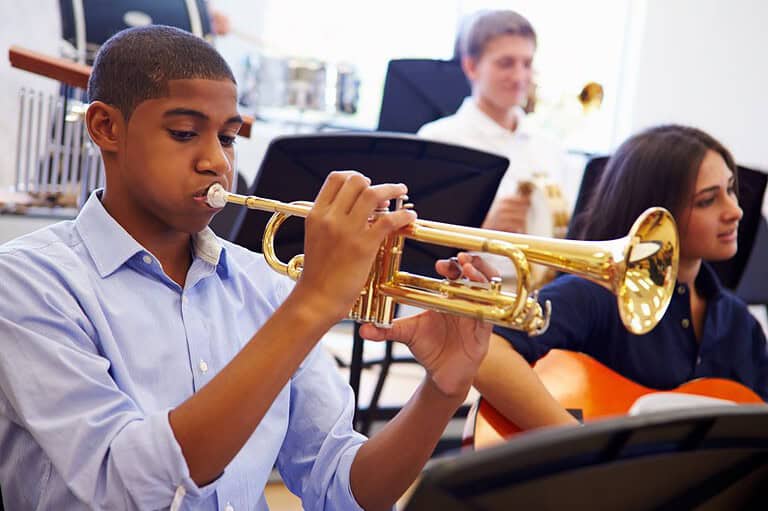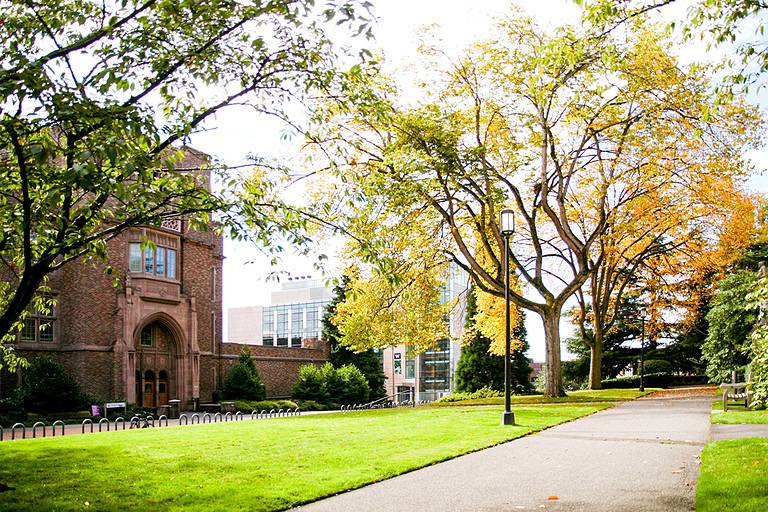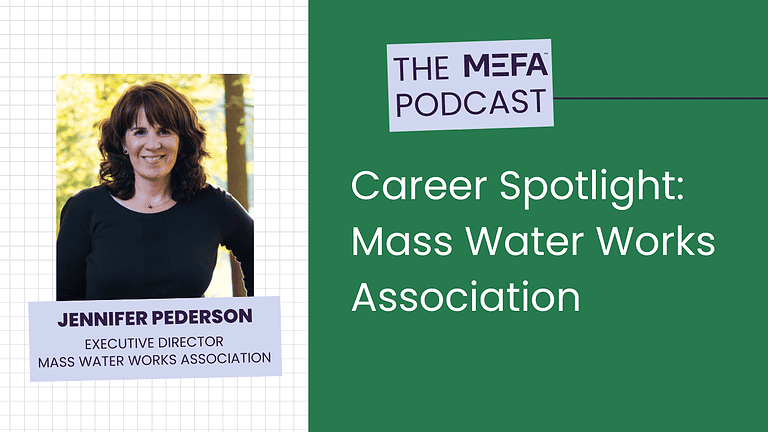College & Career Planning
As you look ahead to college or a career, for yourself or your child, MEFA is here to provide step-by-step guidance on helping your family achieve your dreams.

Planning by Age
Whether you have a newborn, school-age child, or rising college student, we have the guidance and resources you need to save and plan for the future, whatever it holds.
- Pre-K & Elementary
- Middle School
- High School
- College
Preparing for College Admissions
We have guidance and resources to help students research schools, build the college list, and navigate the application process.
Campus Visits
The best way to experience a college is to step on campus and take a tour. We have guidance about what’s important to know during the visit.
College Fairs
At a college fair, students can learn about many different schools in one place, and speak to a college repressentative from each one.
Balance
When pulling together the college list, there are several factors students should consider.
Affordability
Tools like Net Price Calculators can help your family select schools that might be an affordable option.
List Size
There’s no magic number for how many schools should be included on the college list, but we have some guidance to keep in mind.
The regular admissions process usually includes an application deadline around January 1st, with decisions coming in late March/early April. But there are a few different options for the timing of admissions applications.
Early Action & Early Decision
Both Early Action and Early Decision allow students to apply to college and get a decision early in senior year of high school.
Rolling Admissions
In rolling admissions, colleges process applications from students and send decisions on an ongoing basis throughout the year.
There are several components to the college application, so students should make sure to learn about each one. They include the high school transcript, the activity list, and these additional elements.
The Application
There are a few different types of college applications that colleges can elect to use for their admissions process.
College Essay
The college essay gives the admissions office more insight into the student’s personality and passions.
Standardized Tests
Many colleges require students to submit scores from a standardized college entrance exam as part of the application process.
Letters of Recommendation
At least one letter of recommendation from a school counselor or teacher is often required in the admissions process.
College Interview
An interview can provide students with an opportunity to show admissions offices what they may not see on paper.
Resources for College Planning
- College Admissions
- College Life
- Planning for College
Preparing for a Career
Some students skip the traditional college route and go straight into a career or career training. There are lots of options to explore.
Register for a Webinar
We provide live webinars presented by subject matter experts on a range of topics. Register now to reserve your spot.














































